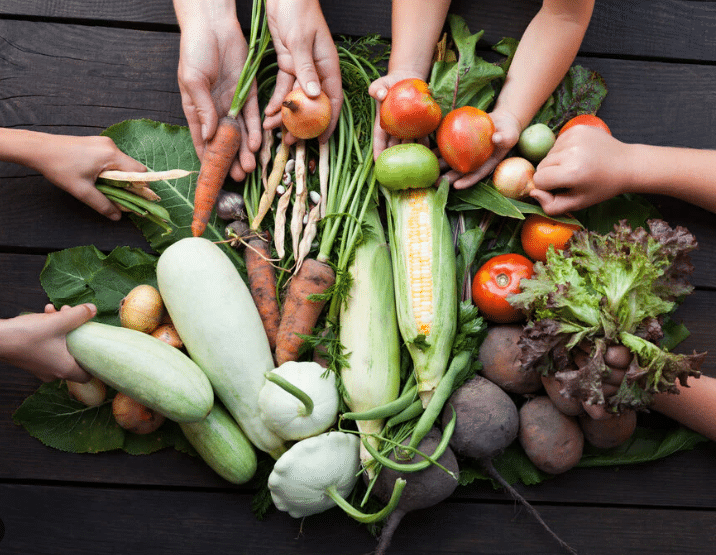Since June 2022, Epsom’s catering team has been part of a pioneering partnership to increase the sustainability, and nutritional value, of its meals. Along the way, the team has been helping to educate pupils about the carbon impact of their food choices, and reduce food waste at the College.
Menu analysis
The College has analysed over 1,000 recipes – assessing their carbon footprint, healthiness and sustainability. Those recipes with a lower carbon impact are designated as ‘Hero Dishes’ and promoted to pupils as the more sustainable option. Elsewhere, recipes have been adapted to reduce their carbon impact without affecting the taste, texture, appeal and nutritional value of the dishes. One of the most effective ways the catering team do this is reducing the amount high-intensity meat (such as beef and lamb) by introducing higher quantities of vegetables, pulses and other sources of protein.
Sourcing Sustainable Ingredients
Aside from adapting the menu, the team has also swapped to more environmentally-friendly ingredients. Epsom now uses WildFarmed flour all its in-house production. This flour is produced using regenerative farming techniques and is carbon negative. It was most recently put to good use producing 4,000 mince pies at Christmas.
All the College’s ketchup and mayonnaise has been replaced by a range of condiments known as ‘Rubies in the Rubble’. These sauces are sweetened using ingredients that would otherwise go to waste – meaning they contain less than half the refined sugar of other brands. The mayonnaise is made using a plant-based alternative to eggs, meaning it’s vegan and free from the main 14 allergens found in food.
Even the crisps are sustainable! Fairfields Farm crisps are handcooked and produced using 100% renewable energy. And the College’s takeaway containers are produced with a 100% seaweed coating – where traditional containers have petrol-based coatings that won’t biodegrade. This means that our containers can be composted and will disappear without a trace.
Pupils Driving Down Food Waste
The UK throws away one third of its food. Epsom’s Catering Team has been working with the pupils on our Climate Committee to see how we can address food waste within the College. They used an online tool to monitor and record what was being thrown away, and identify where waste was most prevalent. Pupils were then consulted about ways to reverse this trend.
Hannah Yeatman, a member of the Catering Team, says “After much enthusiastic discussion, the pupils suggested a favourite treat – our homemade Smartie cookies – could be awarded for a significant reduction in the amount of food scraped off plates into waste at the end of a meal. In the last week of November alone, thanks to pupils making more conscious choices, plate waste was reduced by 178kg.”





